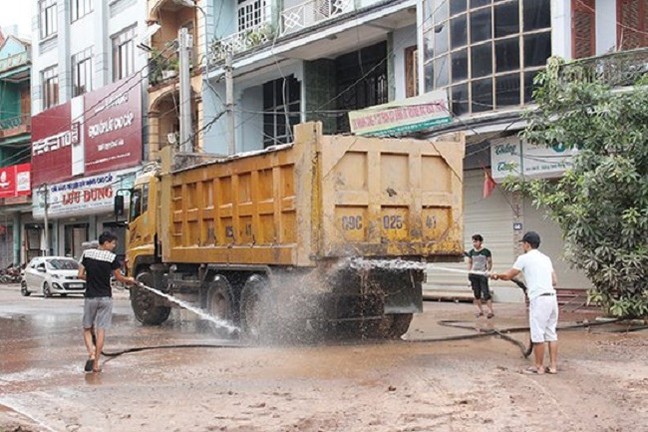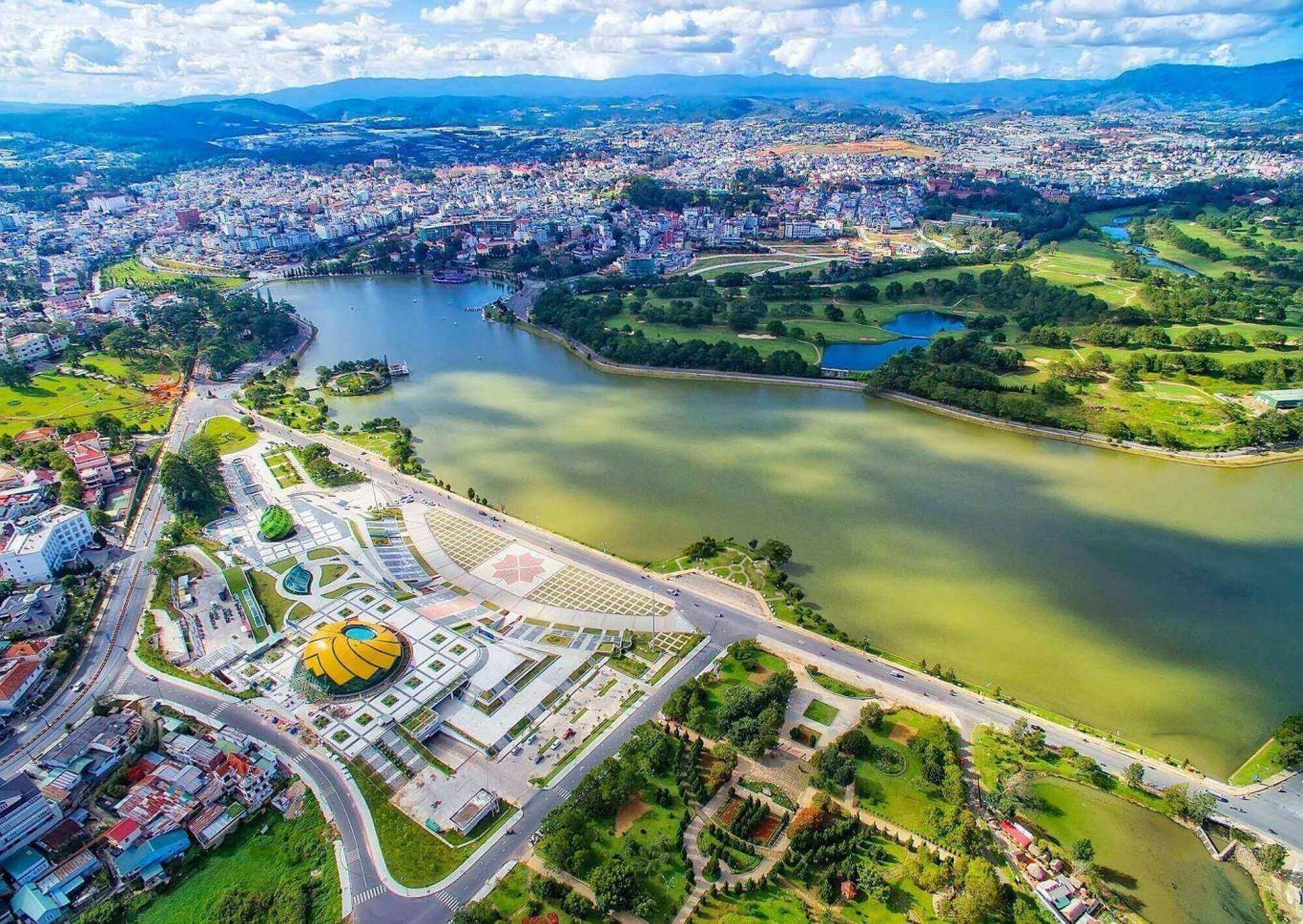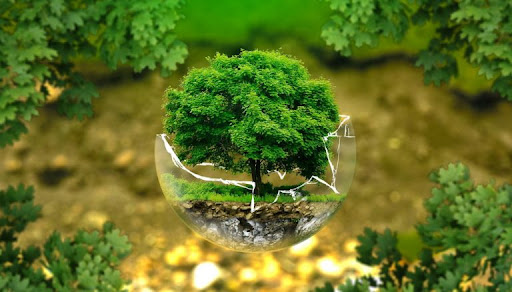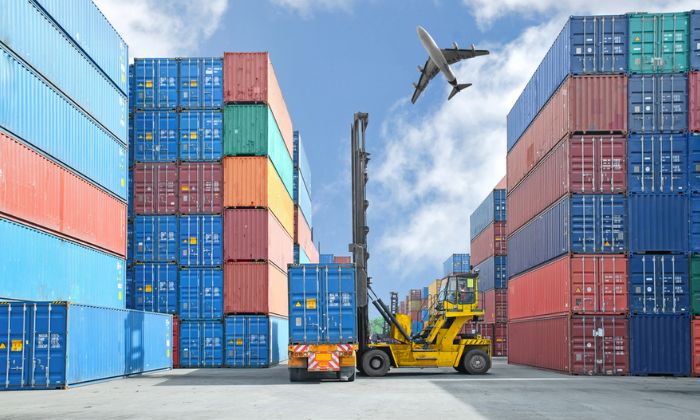Regulations on environmental protection in construction in Vietnam
What are the regulations on environmental protection in construction in Vietnam? - Tung Luan (Long An)

Regulations on environmental protection in construction in Vietnam (Internet image)
Regarding this issue, LawNet would like to answer as follows:
1. Regulations on environmental protection in construction in Vietnam
According to Article 64 of the Law on Environmental Protection 2020, regulations on environmental protection in construction are as follows:
- Construction planning must comply with requirements for environmental protection and climate change adaptation.
- Planning for urban areas and high density residential areas shall be formulated in a manner that develops eco cities, saves energy, uses renewable energy and ensures the ratio of green space, water surface and landscape as prescribed by law.
- The State shall encourage the reuse of waste generated from construction and use of non-baked and environmentally-friendly materials in construction.
- When issuing construction permits and appraising construction designs of investment projects in accordance with regulations of law on construction, it is required to ensure that works, work items and equipment for waste treatment and works for environmental emergency prevention and response are conformable with regulations of law on environmental protection.
- The construction, renovation, repair and dismantling of construction works must comply with the following environmental protection requirements:
+ There must be measures to avoid generating dust, heat, noise, vibration and light in excess of the permissible limits according to technical regulations on environment;
+ During construction, materials and waste must be transported using appropriate vehicles to prevent leakage, spillage or environmental pollution;
+ Wastewater must be collected and treated in line with environmental protection requirements;
+ Usable solid waste and scrap shall be recycled and reused as prescribed; soil, rocks and solid waste generated from construction shall be reused as production materials and for leveling as prescribed;
+ Soil and sewage sludge generated from excavation, dredging of topsoil and foundation excavation are used to fortify soil for planting trees or suitable soil areas;
+ Sewage sludge generated from septic tanks and cesspools must be managed in accordance with regulations on management of normal industrial solid waste;
+ Solid waste and other types of waste must be collected, stored and transported to treatment facilities in accordance with waste management regulations.
- Waste generated from renovation and dismantling of construction works of households and individuals in urban areas must be collected and transferred to facilities licensed for treatment thereof in accordance with regulations of provincial People's Committees, except for the cases specified in Points d and dd Clause 5 of Article 64 of the Law on Environmental Protection 2020.
- Waste generated from renovation and dismantling of construction works of households and individuals in rural areas that do not have waste collection and treatment systems must be reused or dumped in accordance with regulations of provincial People's Committees; must not be dumped on roads, into rivers, streams, channels and other sources of surface water affecting landscape and environment.
- Provincial People's Committees shall provide for collection, transport and treatment of construction solid waste and planning for sites for dumping of construction waste; sewage sludge from septic tanks, cesspools and water drainage systems.
- The Minister of Construction shall formulate standards and technical regulations on design requirements for solid waste collection systems in line with the classification of solid waste at source of shopping-residential complexes; officetels; complex of mixed-use high-rise buildings.
2. Regulations on environmental protection in transport in Vietnam
Regulations on environmental protection in transport in Vietnam according to Article 65 of the Law on Environmental Protection 2020 are as follows:
- Transport vehicles must be tested and certified conformable with technical regulations on environment by registration authorities in accordance with regulations of law and treaties to which the Socialist Republic of Vietnam is a signatory.
- Vehicles used for transporting raw materials, materials and waste must be covered while they are using public roads in order to avoid leakage and pollution.
- Entities involved in transport of dangerous goods must have necessary qualifications in environmental protection as prescribed by law.
- The goods and materials at risk of pollution and environmental emergencies must be transported using specialized equipment and vehicles to prevent leakage.
- Upon construction of traffic works, measures should be in place to minimize and reduce impacts on topography, landscape, geology and natural heritage sites.
- Provincial People’s Committees shall specify areas and sites for discharge and dumping of materials dredged from the inland waterway and sea transport system; introduce measures for traffic diversion and control of environmental pollution in order to limit air pollution in special class and class I cities.
- The Government shall promulgate policies to provide incentives for, assistance in and encourage the use of public transport, and renewable energy, fuel-efficient, low emission or zero emission vehicles; a roadmap for converting or removing vehicles using fossil fuels and causing environmental pollution.
- The Minister of Transport shall promulgate national technical regulations on technical and environmental safety inspection of vehicles in accordance with regulations of law on transport and quality of products and goods and other relevant regulations of law; provide guidance on and organize the dredging within seaport waters and inland waterway waters as prescribed.
- Key word:
- Environmental protection
- in Vietnam
- Cases of land rent exemption and reduction under the latest regulations in Vietnam
- Economic infrastructure and social infrastructure system in Thu Duc City, Ho Chi Minh City
- Regulations on ordination with foreign elements in religious organizations in Vietnam
- Increase land compensation prices in Vietnam from January 1, 2026
- Determination of land compensation levels for damage during land requisition process in Vietnam
- Who is permitted to purchase social housing according to latest regulations in Vietnam?
-

- 03 groups of indicators for evaluating the environmental ...
- 16:19, 13/02/2025
-

- Index for evaluating environmental protection ...
- 11:00, 12/02/2025
-

- Amended guidelines on management of environmental ...
- 10:48, 17/01/2025
-

- Regulation on the duration of inspection for compliance ...
- 18:06, 15/01/2025
-

- Suspension of effectiveness of two provisions ...
- 07:22, 06/01/2025
-

- Notable new policies of Vietnam effective as of ...
- 16:26, 11/04/2025
-
.Medium.png)
- Notable documents of Vietnam in the previous week ...
- 16:21, 11/04/2025
-
.Medium.png)
- Notable documents of Vietnam in the previous week ...
- 16:11, 02/04/2025
-
.Medium.png)
- Notable new policies of Vietnam to be effective ...
- 16:04, 02/04/2025
-
.Medium.png)
- Notable new policies of Vietnam effective from ...
- 14:51, 21/03/2025

 Article table of contents
Article table of contents
